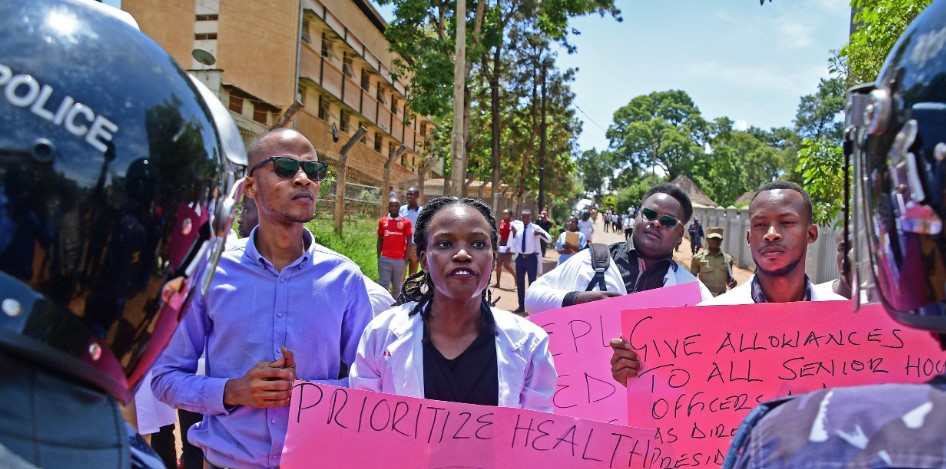
‘Sugar-Sweetened Beverage Tax Can Ensure 83 Million Poor People Access Quality Health Care Services’
- Health SectorHealth Security
- No Comment
- 328
Director General, National Health Insurance Authority, Professor Mohammed Sambo says that the Sugar-Sweetened Beverage (SSB) tax is an innovative and alternative financing mechanism that can be harnessed to ensure that Nigeria attains universal health coverage by 2030.
Professor Sambo, in his address at a health financing policy dialogue on New Health Financing, Approaches in Nigeria: Implementation of Sugar-Sweetened Beverage (SSB) Tax in Nigeria, in Abuja, said countries that attained universal health coverage did so by prioritising health financing, especially through additional taxes or mandatory health insurance.
According to him, channeling the proceeds from the SSB taxation to the vulnerable group fund through mandatory health insurance is the most equitable way to improve access to quality health care for about 83 million people in Nigeria who currently cannot afford to pay for their needed health care services.
According to him, “SSB tax is a pro-health tax. Sugar-sweetened beverages affect health negatively. Excess sugar intake is linked to a variety of health problems, including diabetes and dental caries. Therefore, the proceeds from its taxation should be used to improve health. If you fail to invest in the health care delivery system, you will risk spending 10 times what you would have ordinarily spent if you had made the investment.”
The NHIS boss, however, said the substantial portion of the SSB taxation proceeds should be spent on mobilising sick Nigerians to seek health care services rather than on developing physical infrastructure and facilities.
While SSB tax has a legal basis in Nigeria, Director General of the budget office, Mr Ben Akabueze, said many people had questioned the appropriateness of the SSB tax on health grounds given Nigeria’s low per capita sugar consumption, its effectiveness in curtailing sugar consumption and related hazards, its repressiveness and its cost on poor consumers.
Mr Akabueze added, “despite all the objections to introducing the SSB, we had stopped short of earmarking the tax to health-related expenditure until we get a clear sense of its size and also till the health sector demonstrates the capacity to utilise resources allocated to it.”
Chairman, House Committee on Health, Senator Ibrahim Oloriegbe said aside from SSB taxation, the proposal was made initially to include other things that impact health negatively like alcohol and tobacco.
NIGERIAN TRIBUNE
https://tribuneonlineng.com/sugar-sweetened-beverage-tax-can-ensure-83-million-poor-people-access-quality-health-care-services/





